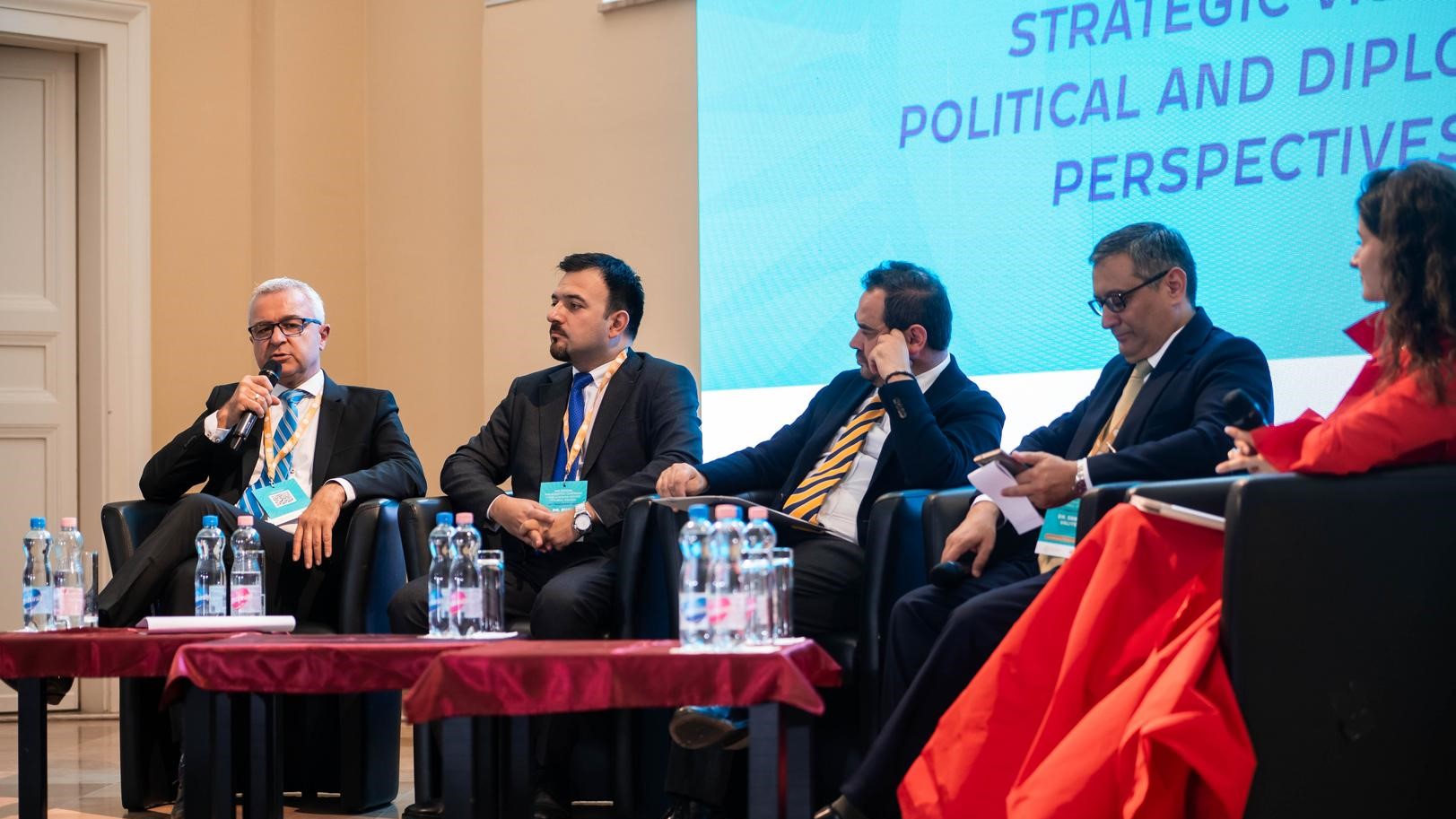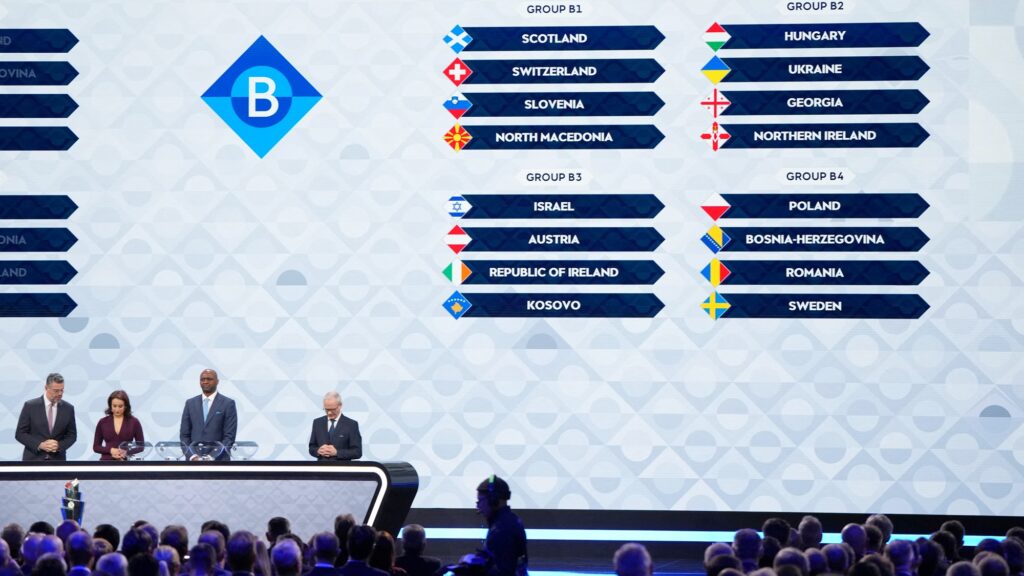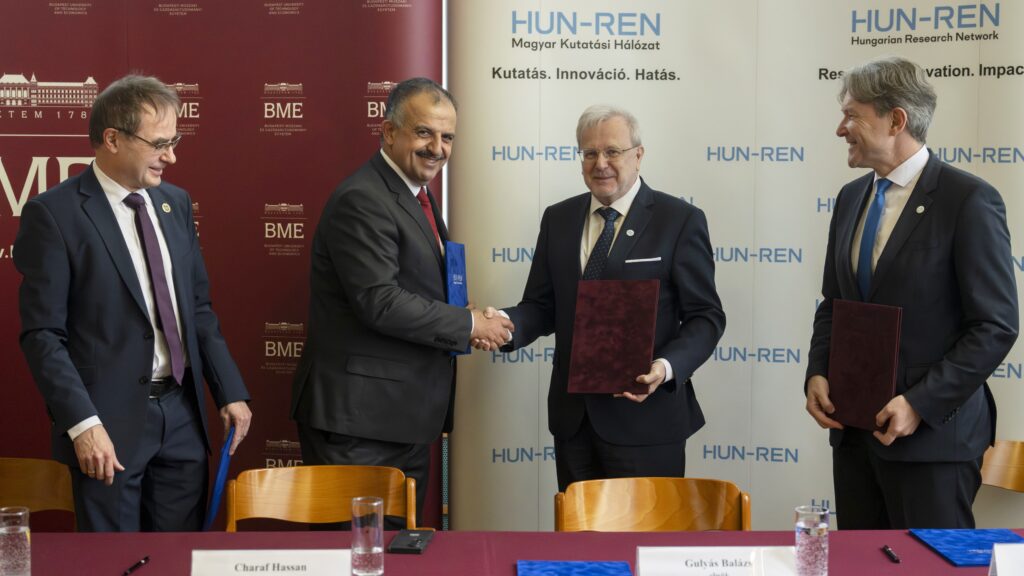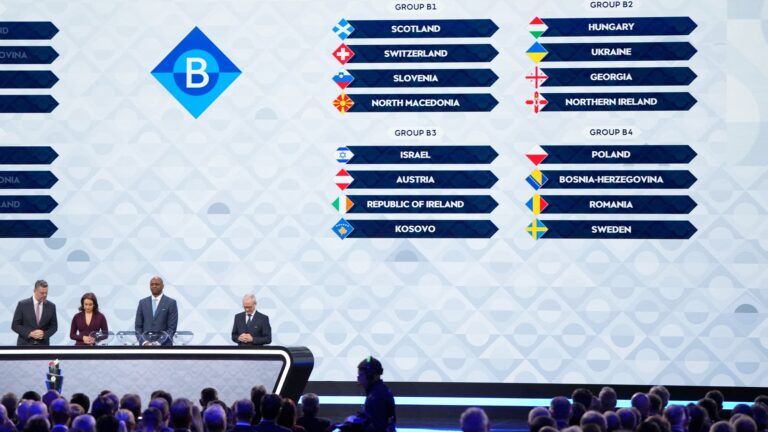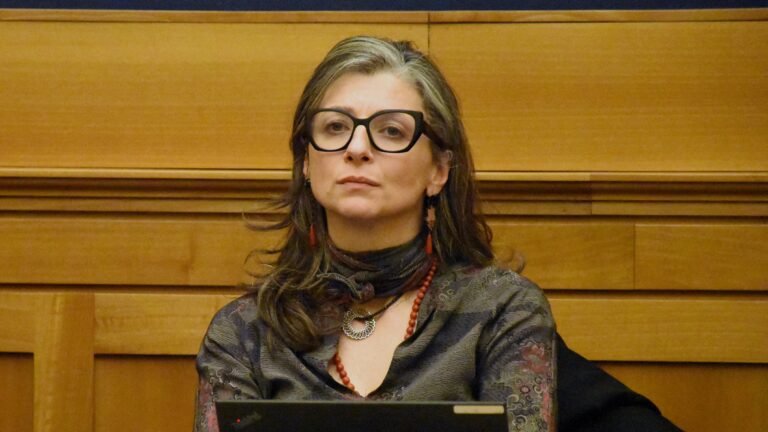The Ludovika University of Public Service (LUPS) inaugurated its newest research centre, the Ludovika Centre for Turkic Studies (LCTS), on 22 September in the Chapel of Saint Ladislaus. The centre focuses on the cultural, political, and economic aspects of the Turkic world.
‘At LUPS, we educate those who will dedicate their careers to serving the homeland in national security, diplomacy, or public administration,’ Rector Dr Gergely Deli emphasized in his opening address. ‘For this, our students need the broadest possible understanding of the world, which requires openness, international cooperation, and collaboration among researchers. The new research centre provides a platform and serves as a bridge between Hungary and the Turkic countries.’
‘Young people shape the future. The university must provide them with opportunities, tools, and networks, because their future work will serve us all,’ underlined Director General for International Affairs of LUPS Liliana Śmiech.
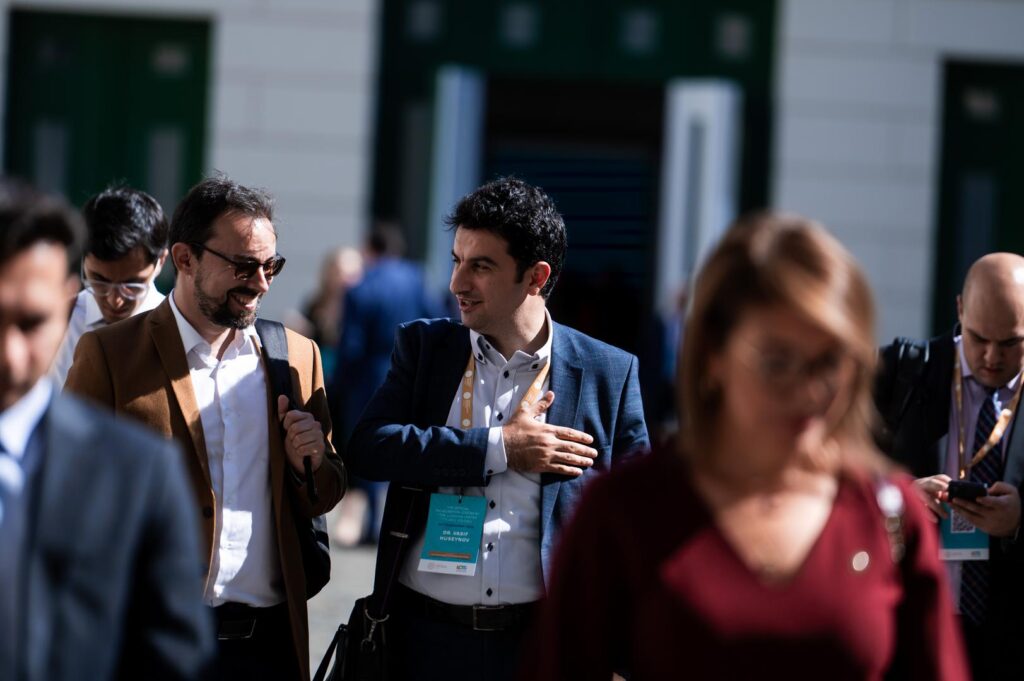
In his keynote speech, State Secretary for International Communication and International Spokesperson at the Cabinet of the Prime Minister Zoltán Kovács recalled that LUPS was established in the service of the homeland and has never lost this exemplary focus. ‘Today as well, it must remain a meeting point where ideas and theories are transformed into political solutions. As the world changes, so does science—alongside theoretical thinking, there is an ever greater need for practical, applicable answers.’
‘Turkology is not merely a linguistic discipline but a cultural and historical science; not nostalgia, but heritage, tradition, and culture—the foundation of modern national identity,’ stressed President of the Turkic Academy Shahin Mustafayev in his speech.
‘Turkology is not merely a linguistic discipline but a cultural and historical science…the foundation of modern national identity’
‘The Organization of Turkic States represents the common interests of its members,’ highlighted Head of Department at the Center for Strategic Research of the Ministry of Foreign Affairs of the Republic of Türkiye Turhan Dilmaç, during the panel discussion Strategic Vision — Political and Diplomatic Perspectives. The panel was moderated by Liliana Śmiech and featured Director of the Topchubashov Center (Azerbaijan) Rusif Huseynov, Director of the Center for Foreign Policy Studies and International Initiatives (Uzbekistan) Sanjar Valiyev, and Senior Advisor of the Hungarian Institute of International Affairs and LCTS László Vasa.
‘Decades ago, the Turkic identity may have been weaker, but today ordinary people openly embrace it alongside their Azerbaijani, Kazakh, Kyrgyz, or Uzbek national identity,’ it was noted during the panel, The Geopolitics of the Turkic World — Academic and Institutional Leadership. The discussion was moderated by Chief Advisor at the Danube Institute Noémi Pálfalvi, with contributions from Director of the Haydar Aliyev Eurasian Studies Center at Ibn Haldun University (Türkiye) Yaşar Sari, Head of Department at the Center of Analysis of International Relations (AIR Center, Azerbaijan) Vasif Huseynov, Director of Analysis at the Center for International Relations Analysis (CIRA, Kyrgyzstan) Edil Osmonbetov, and First Vice-Rector of the University of World Economy and Diplomacy (Uzbekistan) Akram Umarov.
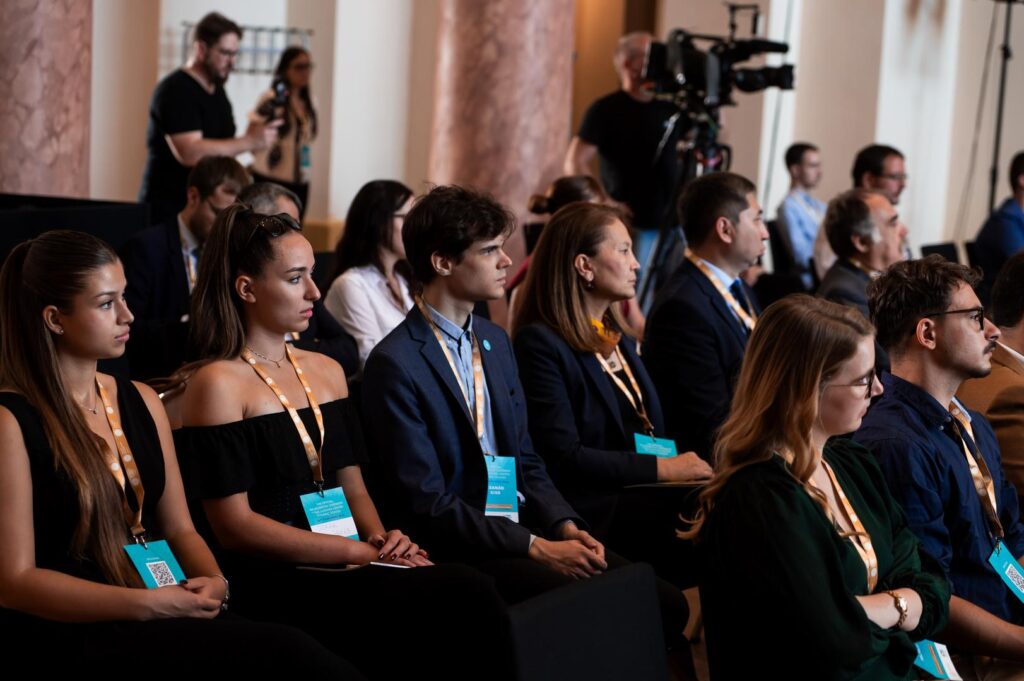
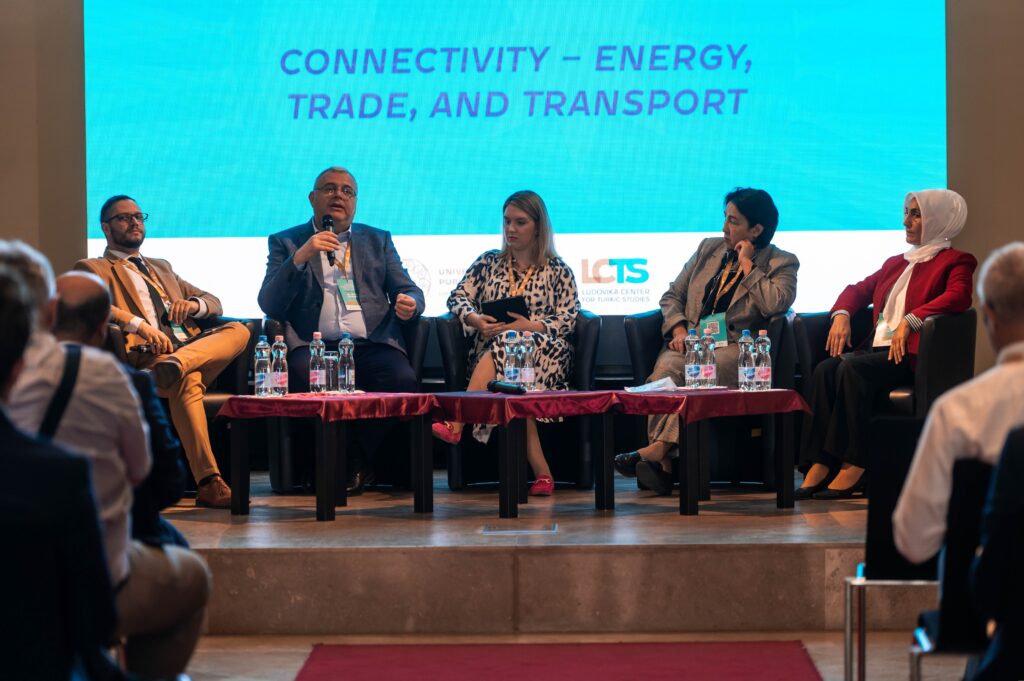
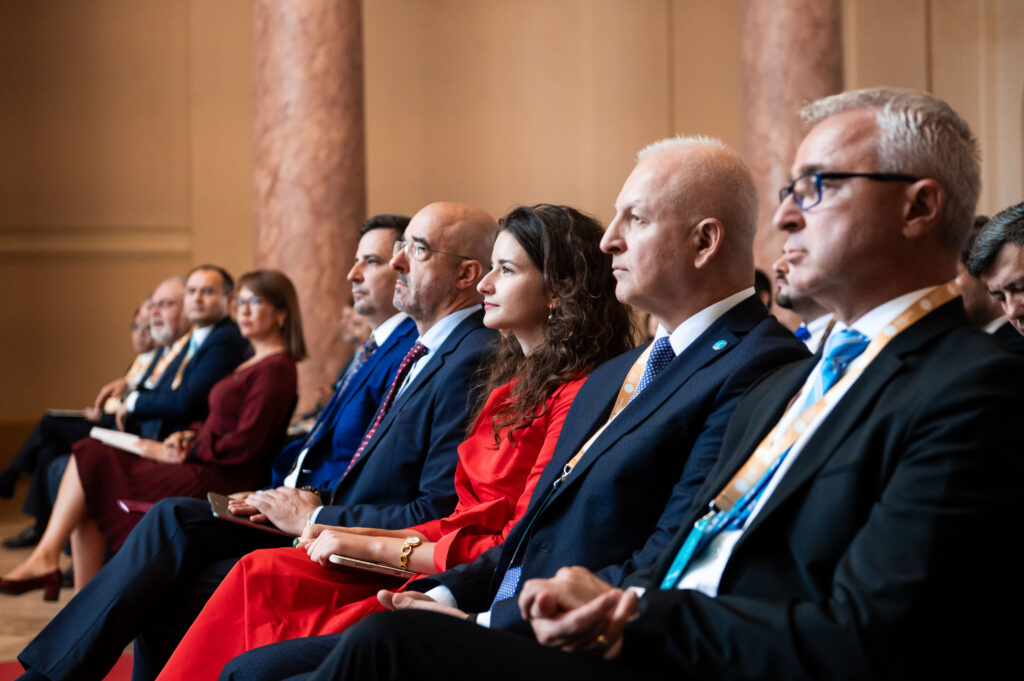
The official opening concluded with the panel Connectivity — Energy, Trade, and Transport, moderated by Coordinator of LCTS Dávid Bíró. Speakers included Head of the Turkic World Research Center at the Center for Analysis of Economic Reforms and Communication (Azerbaijan) Vusala Jafarova, Secretary for Academic and Research Affairs at the Kazakhstan Institute for Strategic Studies (KazISS) Aigul Kosherbayeva, Political Advisor to the State Secretary for Circular Economy and Climate Policy at the Ministry of Energy of Hungary Blanka Kovács, and Chief Economic Advisor of the Turkic Investment Fund Erhan Türbedar.
For a detailed report on the inauguration, please visit the university’s academic portal at ludovika.hu.
Related articles:

